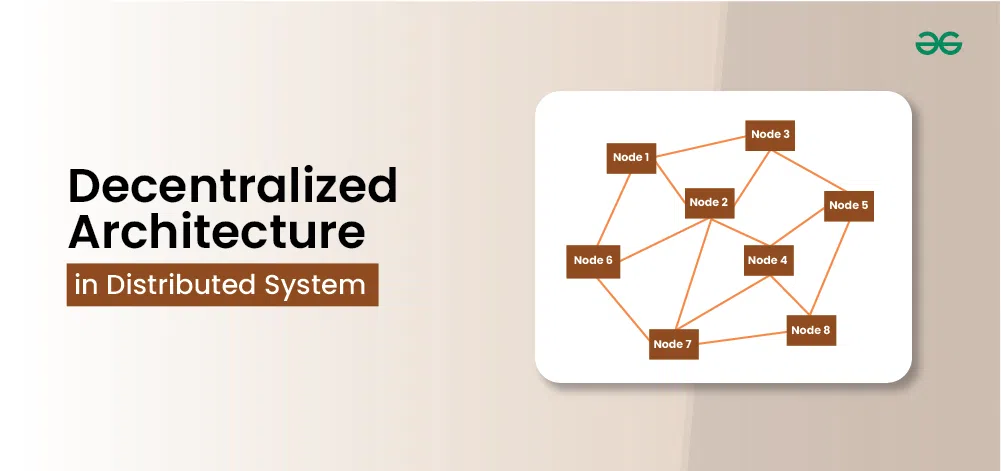Antalya Escapes
Discover the best of Antalya with exclusive insights and tips.
Decentralized Player Protection: Keeping Gamers Safe in the Wild West of Online Play
Explore how decentralized player protection is revolutionizing online gaming safety and keeping gamers secure in the wild west of virtual play!
Understanding Decentralized Player Protection: A Comprehensive Guide
In the evolving landscape of online gaming and gambling, decentralized player protection stands out as a transformative approach to safeguarding user interests. Traditional methods often involve centralized entities that can be susceptible to biases and hacks, which can compromise player safety and security. By leveraging blockchain technology, decentralized systems create an open and transparent framework where rules are enforced through smart contracts and player data is securely stored. This enables participants to engage in a fair gaming experience, where their funds and personal information are less prone to unauthorized access and manipulation.
A comprehensive understanding of decentralized player protection also encompasses its various implementations and benefits. For instance, the use of decentralized autonomous organizations (DAOs) can promote community governance, allowing players to have a direct say in the operational rules of gaming platforms. Furthermore, decentralized wallets equipped with advanced encryption provide players with unprecedented control over their assets. To ensure players fully grasp these concepts, it is essential to explore the layers of technology involved, such as the Ethereum blockchain and other decentralized networks, which facilitate secure and transparent transactions in a trustless environment.

Counter-Strike is a popular multiplayer first-person shooter game that pits teams of terrorists against counter-terrorists in various objective-based scenarios. Players can engage in intense matches while using different strategies and weaponry. Many gamers look for ways to enhance their experience, and using a stake promo code can provide exciting bonuses.
Top Strategies for Ensuring Gamer Safety in Decentralized Environments
In the rapidly evolving landscape of decentralized gaming, ensuring gamer safety has become paramount. One of the top strategies involves implementing robust identity verification systems. This can help in building trust among players, as it minimizes the risk of anonymous fraudsters targeting inexperienced users. Additionally, establishing clear community guidelines that outline acceptable behavior can foster a safer gaming environment. In decentralized platforms, where players are often responsible for regulating their interactions, education about common scams and encouraging the use of secure wallets are essential components of a comprehensive safety strategy.
Another effective approach to enhancing gamer safety is the integration of real-time monitoring tools. These tools can detect and prevent suspicious activities, providing alerts to both gamers and platform administrators. Moreover, promoting decentralized governance allows gamers to voice their concerns and be actively involved in decision-making processes, thereby increasing accountability and transparency. By prioritizing these strategies, developers and players alike can work together towards establishing a safer and more enjoyable decentralized gaming experience.
What You Need to Know About Player Rights in the Decentralized Gaming Landscape
In the decentralized gaming landscape, player rights have evolved significantly compared to traditional gaming environments. Players now have greater control over their in-game assets, primarily due to blockchain technology. This technology ensures that players receive true ownership of their virtual items, allowing them to trade, sell, or use these assets across different games without restrictions. It's essential for gamers to understand how smart contracts work, as they play a crucial role in safeguarding player rights by automatically enforcing the rules and agreements governing in-game transactions.
Moreover, the concept of player participation is redefining the gaming experience. In decentralized platforms, players are often given a voice in decision-making processes, such as game development and governance. This level of engagement fosters a vibrant community, where players can influence the evolution of the games they love. However, with these new rights come responsibilities, as players must act ethically and consider the long-term implications of their decisions on the ecosystem. Understanding these dynamics is key to navigating the growing landscape of decentralized gaming effectively.